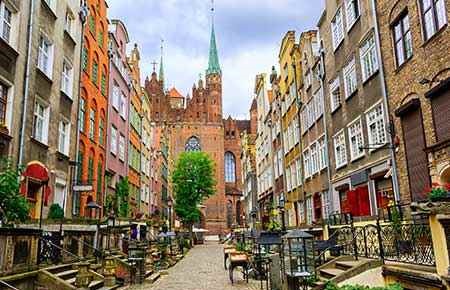
Baltic Studies Major
Baltic Studies is a program that focuses on the history, society, politics, culture, and economics of one or more of the peoples inhabiting the coastlands of the Baltic Sea.
Baltic Studies majors and degree programs are typically interdisciplinary and may vary from institution to institution. Courses will likely embrace instruction in the study of the history, society, politics, culture, and economics of one or more of the peoples of the Baltic Sea, including Baltic, Germanic, Scandinavian, and Slavic populations, related borderlands and island groups, and problems of cultural survival and assimilation.
What can you do with a major/degree in Baltic Studies?
Typically, this area of study leads to a liberal arts degree and as such, may not lead to a specific set of jobs or career opportunities. What you focus on during your studies will open doors for employment later. With a degree in Baltic Studies, opportunities such as work as activists, community workers, and union reps may be possible. As well, work as a lawyer, legal secretary, or legislative aid; or in politics, as a lobbyist, policy analyst, or administrator are possible.
Trade Associations and Professional Organizations in Baltic Studies:
Professional associations are groups of specialists dedicated to topics in particular fields. Professional associations provide a wealth of online resources, some of which are geared specifically towards students. These organizations typically also host conferences and events, providing great opportunities for learning and networking across your field of interest.
Publications/Magazines in Baltic Studies: